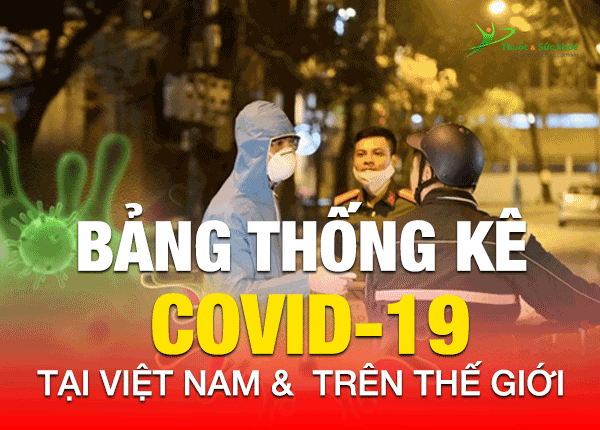Quick COVID-19 testing results not proof of infection: health official
 |
|
Health workers in full protective suits outside COVID-19 quick testing stations set up in Hanoi on Tuesday. |
The issue was raised after Hà Nội set up on Tuesday several COVID-19 test stations in the city using quick test kits purchased from South Korea, with which the East Asian country has been conducting mass testing on up to tens of thousands of people on peak days.
Samples from about 753 people at elevated risk were collected, and three reportedly tested positive for the coronavirus.
However, this afternoon today, Phạm Ngọc Thạch, Director of the Hà Nội-based National Hospital for Tropical Diseases, said that after examining the three samples closely with World Health Organisation (WHO)-approved RT-PCR method, all came up as negative.
Deputy health minister Nguyễn Trường Sơn during today's meeting of the National Committee on the Prevention and Control of COVID-19 said that there are two main types of testing.
The first one, RT-PCR, requires complex machines and may take hours to process, but yields highly accurate results regarding the presence of SARS-CoV-2 virus in the body.
The second – freshly deployed by Hà Nội’s authorities – involves the quick detection of the human body’s antibody against the virus and the results can be obtained within 10-15 minutes without using any machine. However, it would only be effective if the tested person has carried the virus for more than three days, and the accuracy pales in comparison to the former.
Sơn said quick test's sensitivity is 65-80 per cent, depending on how long the virus has infected the body, and its specificity is about 60-70 per cent, since they could mistake another virus for the novel coronavirus.
This means relying on quick tests run the risks of both missing newly infected patients and counting false positive cases, Sơn said.
owever, quick tests would still be useful if a large number of people have been infected, so that health authorities could identify the clusters and carry out quarantine and focused treatment.
The health ministry has been importing a “certain amount” of the quick tests in preparation for this scenario, according to the health official.
Deputy minister Sơn insisted that given the current situation of Việt Nam when the case number remains low, the optimal way is still to isolate the suspected cases and testing them using the machine-based method for accurate results.
The quick tests’ results will not be a “definitive conclusion” over whether one has contracted SARS-CoV-2, he said.
At the meeting, health officials reiterated there is still no effective medicines or a “standard” treatment regime for COVID-19 patients, but Vietnamese doctors and experts are working hard on the issue, combining both international experience and Việt Nam’s creativity to deal with each case.
Việt Nam ranks towards the bottom of the global COVID-19 toll and is among five countries and territories with more than 200 confirmed positive cases but no deaths yet. — VNS
Continuous reading
COVID-19: National caseload rises by 9,472 on September 23
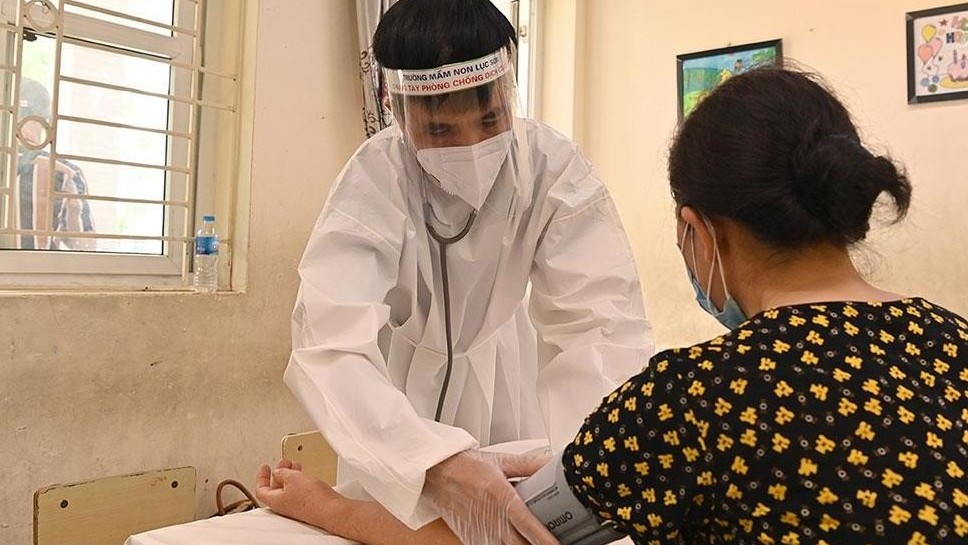
24 HRS Medical - 24/09/2021
COVID-19: National caseload rises by 9,472 on September 23
Vietnam logs additional 10,280 COVID-19 cases
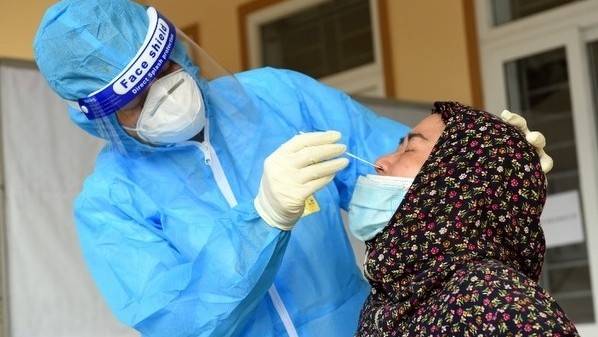
24 HRS Medical - 24/08/2021
Vietnam logs additional 10,280 COVID-19 cases
More than 147,000 COVID-19 patients recover
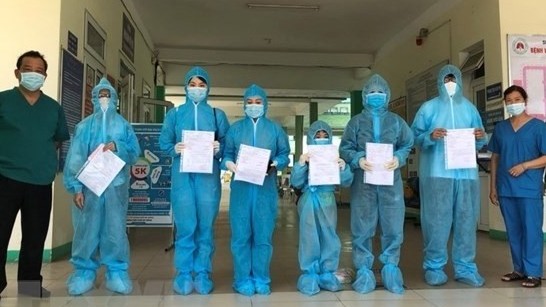
24 HRS Medical - 24/08/2021
More than 147,000 COVID-19 patients recover
Health ministry to expand COVID-19 home-treatment
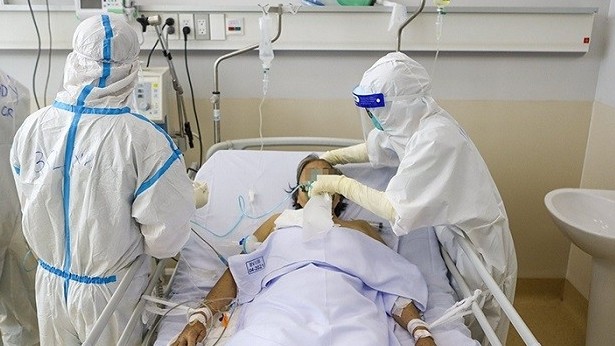
24 HRS Medical - 14/08/2021
Health ministry to expand COVID-19 home-treatment
Vietnam records 43 new local Covid cases
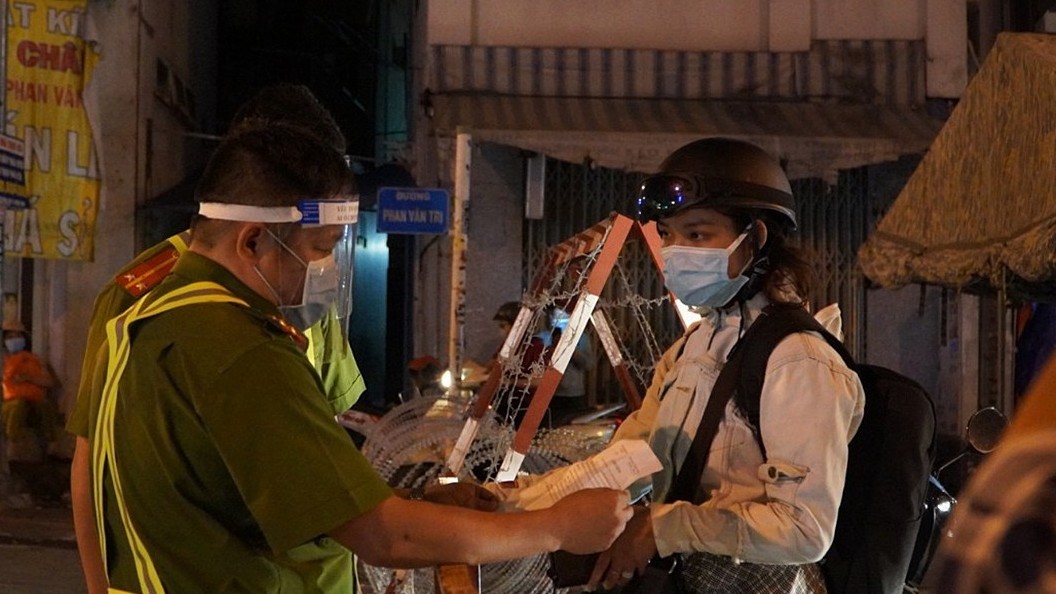
24 HRS Medical - 08/06/2021
Vietnam records 43 new local Covid cases




